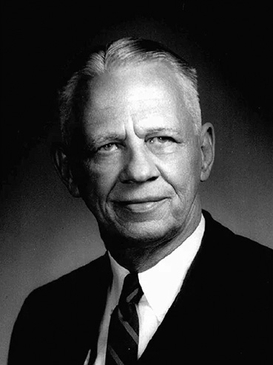
With regards to Willmoore Kendall, the great American conservative, I have already published another article on this same webpage.
But valuable sources, even when human, often seem infinite. And one likes to go back to them when dealing with significant matters.
Such is freedom of speech, a principle many hold dear and where those same many would agree with John Stuart Mill:
There ought to exist the fullest liberty of professing and discussing, as a matter of ethical conviction, any doctrine, however immoral it may be considered (John S. Mill, Essay on Liberty).
In his 1958-1959 article The People Versus Socrates Revisited, Prof. Kendall opposes such liberal conception of freedom of speech to Plato; more particularly, to the Greek classical philosopher’s dialogues Apology and Crito.
Crito is the dialogue which Plato wrote to explain why his master Socrates decided not to flee Athens, even knowing that he was innocent and that he could still be executed.
One of those reasons is that citizens in Athens including Socrates were given the opportunity, according to the laws of the city and when they thought those laws to be unjust or in error, of convincing their fellow citizens about it.
According to Kendall’s interpretation of Crito, a certain “amount” of freedom of speech should indeed exist in a state, so that a citizen like Socrates could convince Athenians that he was innocent.
He should be heard. The citizens are allowed to complain and try to convince.
But that is far from the fullest liberty of professing and discussing any doctrine, however immoral.
What is important and should be required is not the capacity on the part of the citizen to think and say whatever he pleases, but rather to be heard.
Prof. Kendall, as opposed to liberals, does not agree that all individuals can go on talking, indefinitely and with impunity, no matter how deeply convinced their neighbours may be that they ought to be silenced, or punished.
He introduces a second element, truth, which he develops thanks to the Apology.
In that second dialogue, Plato had recalled how his master defended himself in front of the Athenian assembly that judged him.
And precisely he, Socrates, denounces that such assembly permitted purveyors of falsehoods to take possession of their minds, an exaggerated amount of freedom of speech that the liberal followers of Mill would defend.
Falsehood versus truth, as exposed by Socrates.
Plus the enmity, power, influence and disguise simulating wisdom and virtue of those speaking falsehood to condemn him.
All those qualities -enmity, power, influence and simulation- are present in liberal freedom of speech, but criticised by Socrates, Plato, and Prof. Kendall with them both, who require truth going along with that certain freedom of speech that a good state should provide for, so that its citizens can be heard.
Not any immoral doctrine should be assured the fullest liberty to be professed and discussed. “The evil do their neighbours evil”, Socrates proclaims. Therefore, according to classical thought, immoral doctrines do not do societies any good, but evil, as opposed to Mill’s above assertion.
Since Prof. Kendall converted to Catholicism, we might as well quote the classical reference of Pope Leo XIII on freedom of speech:
It is absurd to suppose that nature has accorded indifferently to truth and falsehood, to justice and injustice. Men have a right freely and prudently to propagate throughout the State what things so ever are true and honourable, so that as many as possible may possess them; but lying opinions, than which no mental plague is greater, and vices which corrupt the heart and moral life should be diligently repressed by public authority, lest they insidiously work the ruin of the State (Libertas, 1888).
Source of the image: Wikipedia.



 Subscribe
Subscribe